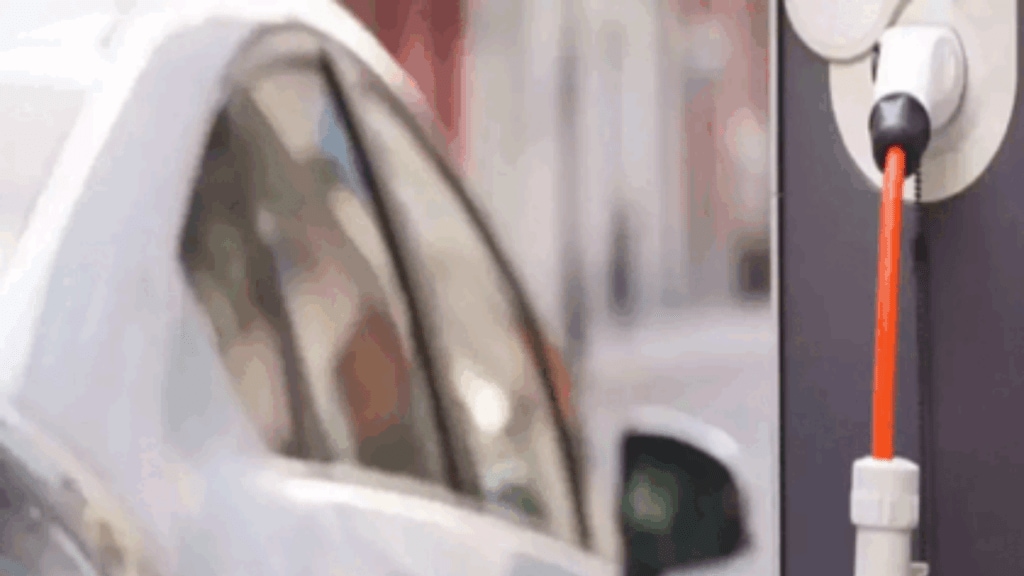The Ministry of Heavy Industries (MHI) has rolled out the operational guidelines for the deployment of EV public charging stations (EV PCS) under the Prime Minister Electric Drive Revolution in Innovative Vehicle Enhancement (PM E-Drive) scheme. The government had allocated Rs 2,000 crore for the deployment of about 72,300 public EV charging stations across the country under the PM E-Drive scheme.
What do the guidelines suggest?
According to the guidelines, a tiered subsidy structure will be followed to support the installation of EV charging infrastructure across different locations. Government premises such as offices, residential complexes, hospitals, and educational institutions will receive 100% subsidy on both upstream infrastructure and EV charging equipment (EVSE), provided the chargers offer free public access.
For transport hubs and public sector-controlled locations like railway stations, airports, OMC outlets, bus depots, and toll plazas, the subsidy covers 80% of upstream infrastructure and 70% of EVSE cost. At all other public locations — such as streets, shopping malls, and market complexes — an 80% subsidy is offered on upstream infrastructure only.
Battery swapping and battery charging stations deployed anywhere are also eligible for 80% subsidy on infrastructure.
What would be the cost for upstream infrastructure?
For upstream infrastructure, benchmark cost ranges from ₹6.04 lakh for chargers up to 50 kW to ₹24 lakh for those above 150 kW. For EV Supply Equipment (EVSE), benchmark costs vary by charger type and capacity — for example, a CCS-II charger of 50 kW costs ₹7.25 lakh, while a 100 kW CCS-II charger costs ₹11.68 lakh. These costs will form the basis for determining the eligible subsidy amounts.
The scheme will focus on urban centres with a population of over one million, smart cities, metro-connected satellite towns, state capitals, and high-density national and state highways. Public transport hubs such as railway stations, airports, and fuel retail outlets have also been marked for infrastructure support.
To facilitate the electrification of government department fleets, central ministries, central public sector enterprises (CPSEs), and state and Union Territory governments, including their PSUs and affiliated agencies, will also be eligible for incentives.
Nodal bodies will be responsible for identifying high-priority locations and submitting consolidated proposals through a dedicated online portal.
To ensure timely and quality implementation, Bharat Heavy Electricals Limited (BHEL) has been appointed as the Project Implementation Agency. The subsidy disbursal will follow a two-tranche system, with funds being released upon meeting compliance and performance benchmarks.
Integration with the National Unified EV Charging Hub will be mandatory to enable real-time station availability, payment facilitation, and usage monitoring.
